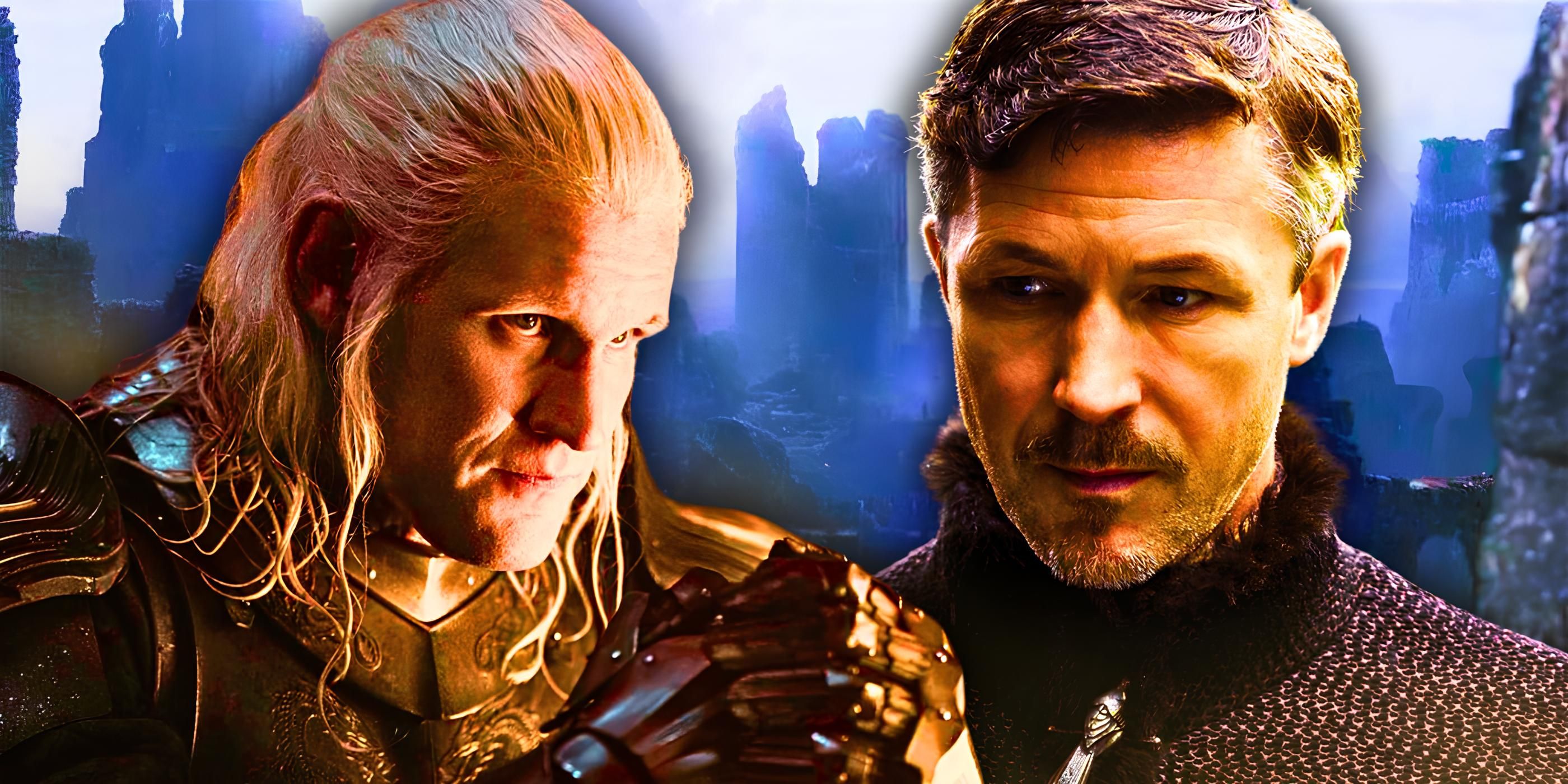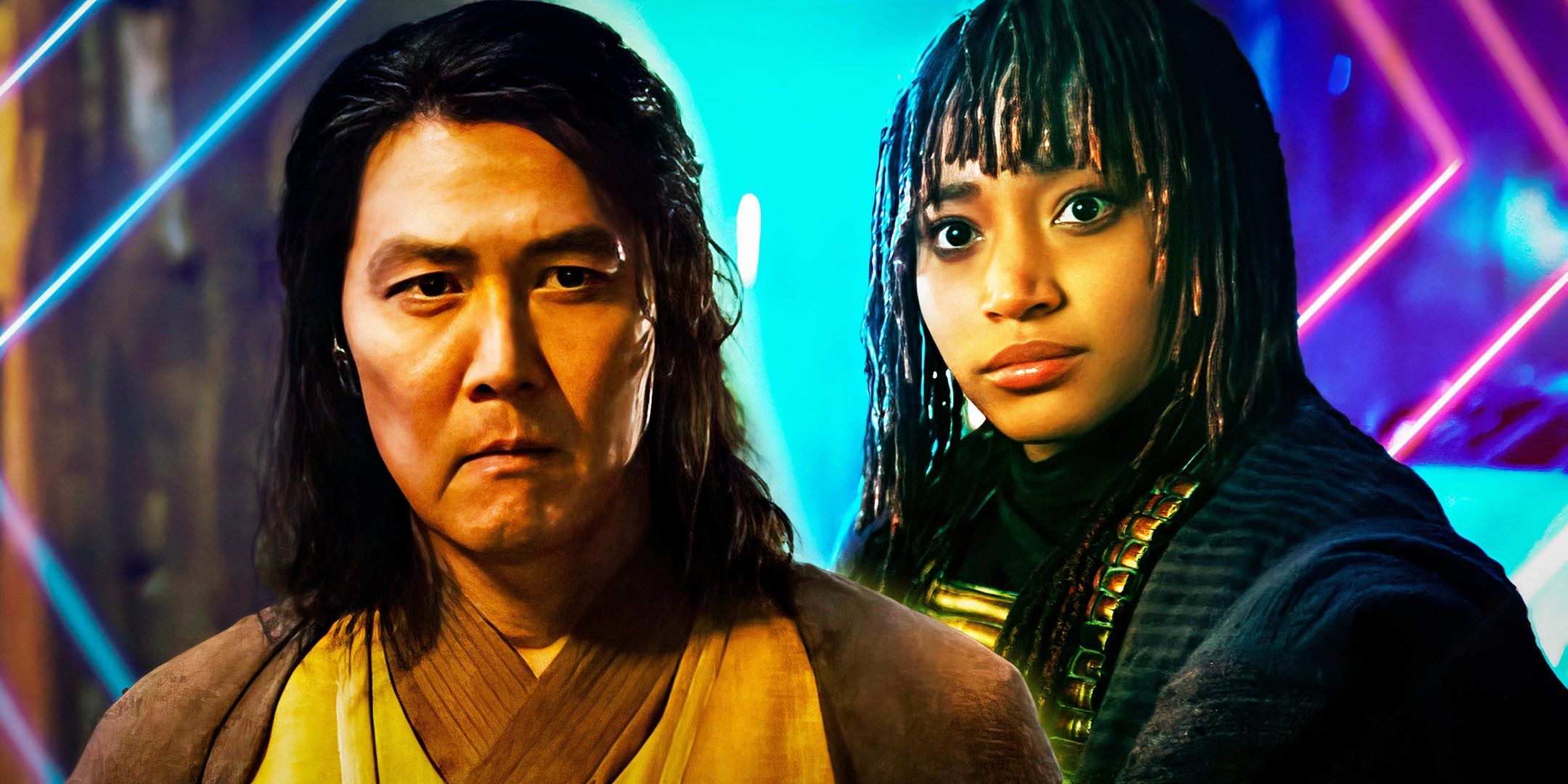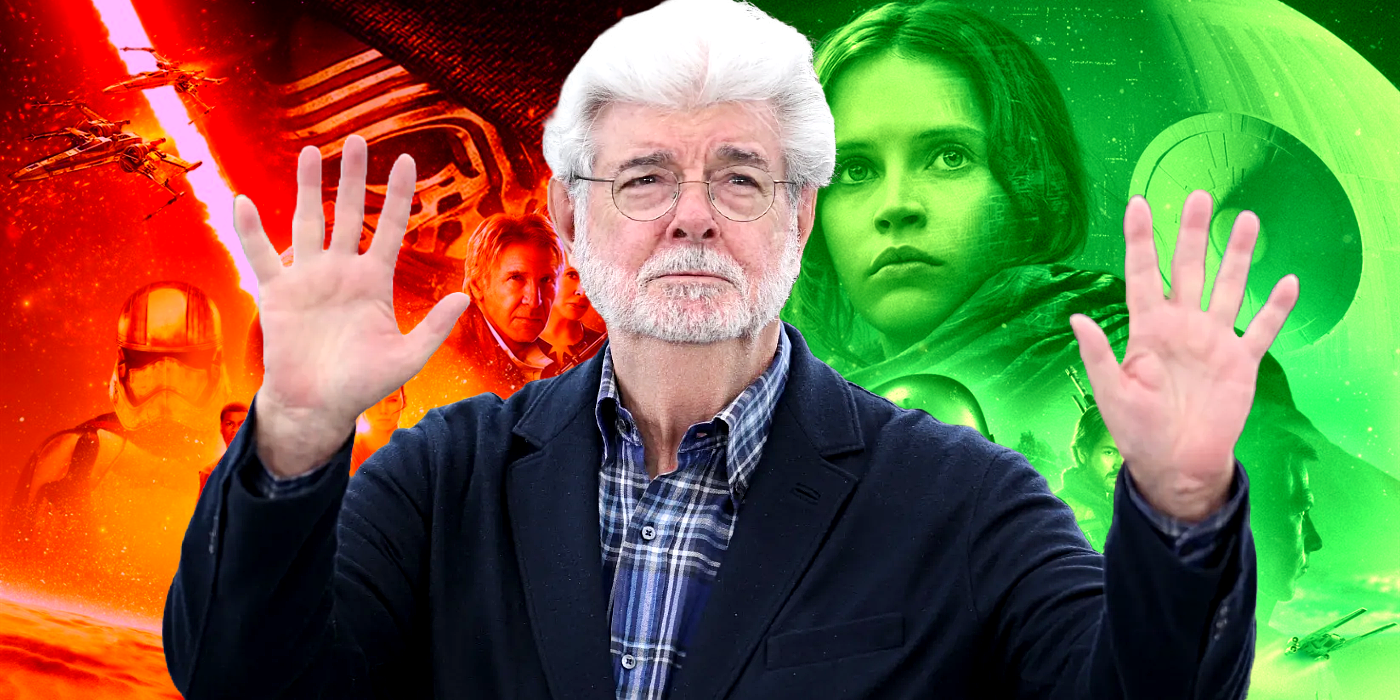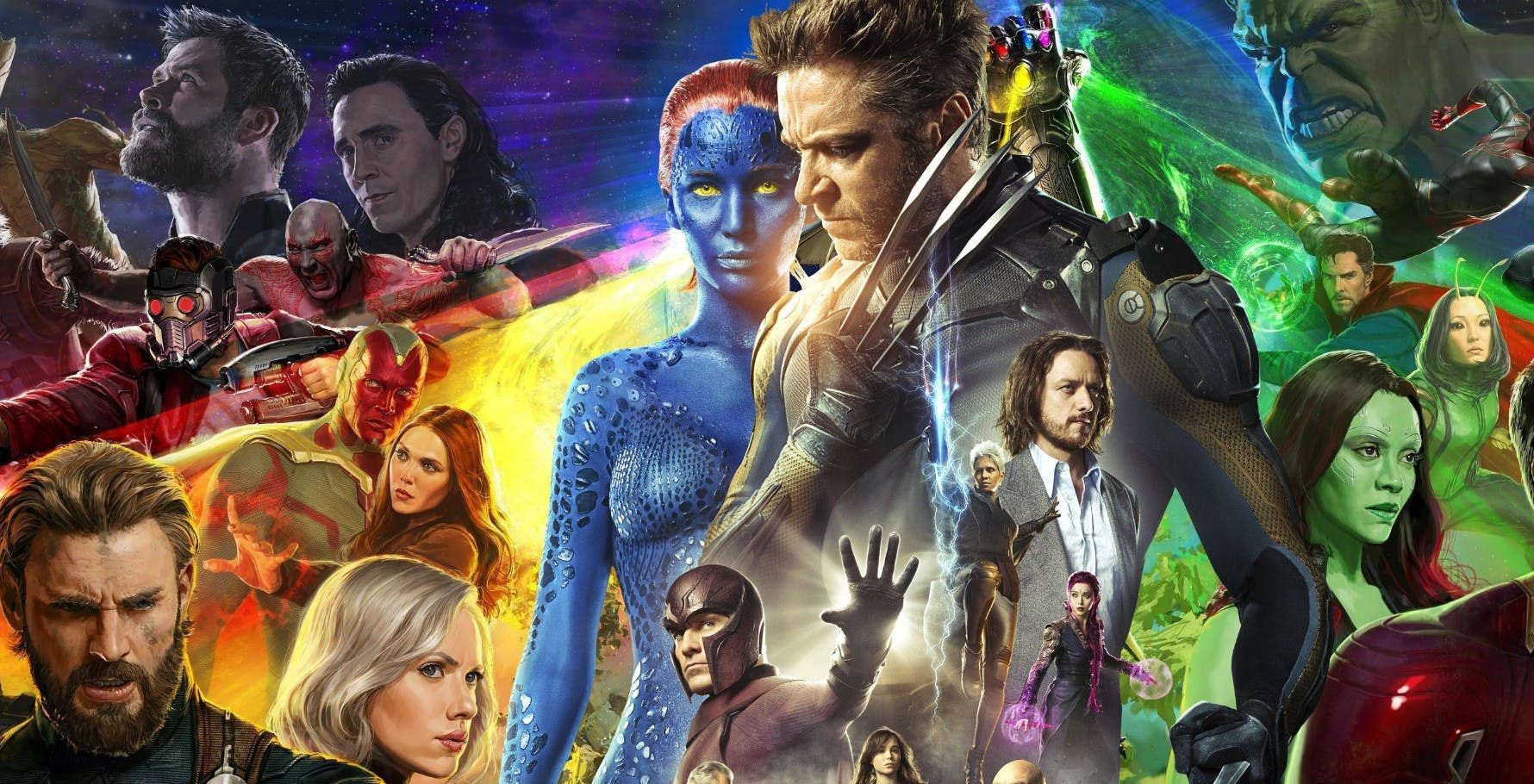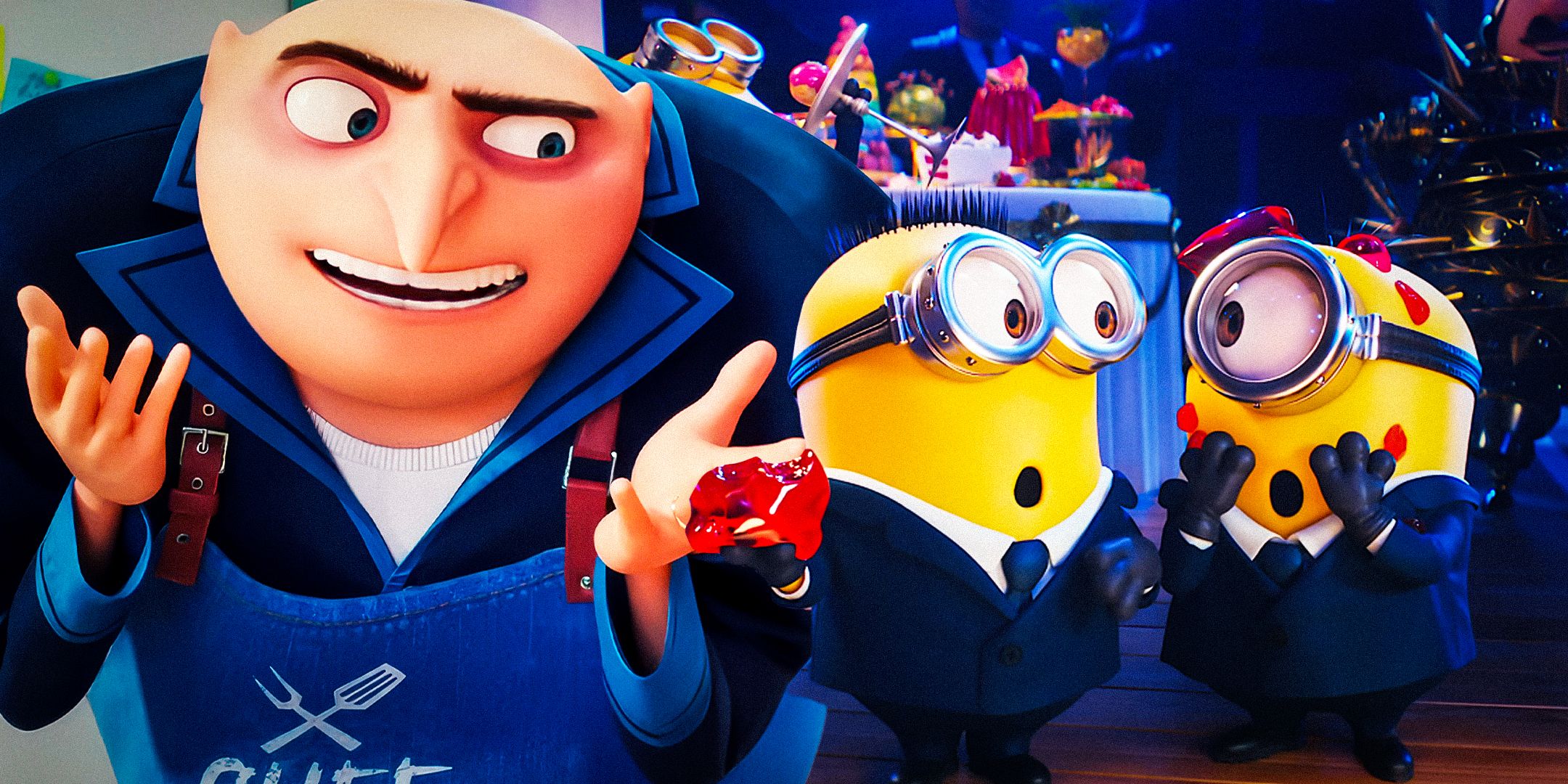The final scene in Batman Begins teases the Joker’s appearance in the sequel, but it also subtly sets up the vigilante’s ending in The Dark Knight Rises. Christopher Nolan’s acclaimed Dark Knight trilogy started with the aptly titled Batman Begins, an origin story that established Nolan’s grounded take on the iconic character. Acting as an introduction to a more realistic incarnation of Batman, Batman Begins does a great deal of worldbuilding, establishing the foundations for the trilogy’s tone as well as the general parameters of the character’s narrative arc.
By introducing Christian Bale’s Dark Knight in a Batman origin story, Batman Begins also explains how Gotham’s more colorful villains come to be. Ra’s al Ghul and Scarecrow act as Batman Begins‘ villains, with the former employing the services of the latter’s fear gas in an attempt to have the city tear itself apart. After foiling the scheme and bringing himself to the attention of Gotham’s criminals, Batman Begins ends with a scene familiar to those well-versed in Batman’s history: he’s summoned by the Bat-Signal for a rooftop meeting with James Gordon to discuss the villains plaguing the city. The scene also teases the sequel, The Dark Knight, by having Batman learn of a new criminal calling himself the Joker, a character famously reinvented in Nolan’s trilogy with an electrifying performance from the late Heath Ledger.
Though Batman Begins set up The Dark Knight‘s villain in a rather obvious way, it also subtly teased the ending of Nolan’s trilogy in the process. Gordon briefly ruminates on the reason for the Joker’s emergence: he believes that by becoming a costumed vigilante, Batman has forced Gotham’s worst criminals to escalate their own efforts to match him. Gordon clearly voices his belief that Batman is responsible for this escalation, and that he considers the rise of villains with distinct criminal personas as a direct response to Batman’s own approach to crime fighting. This is a very subtle way of foreshadowing Batman’s eventual plan of retiring as a vigilante by publicly faking his own death because Gordon plants the seed in his mind that Batman, though necessary, may also have indirectly harmed Gotham by creating his own villains.
Batman Begins’ Ending Shows Bruce That Gotham Will Need Batman To “Die”
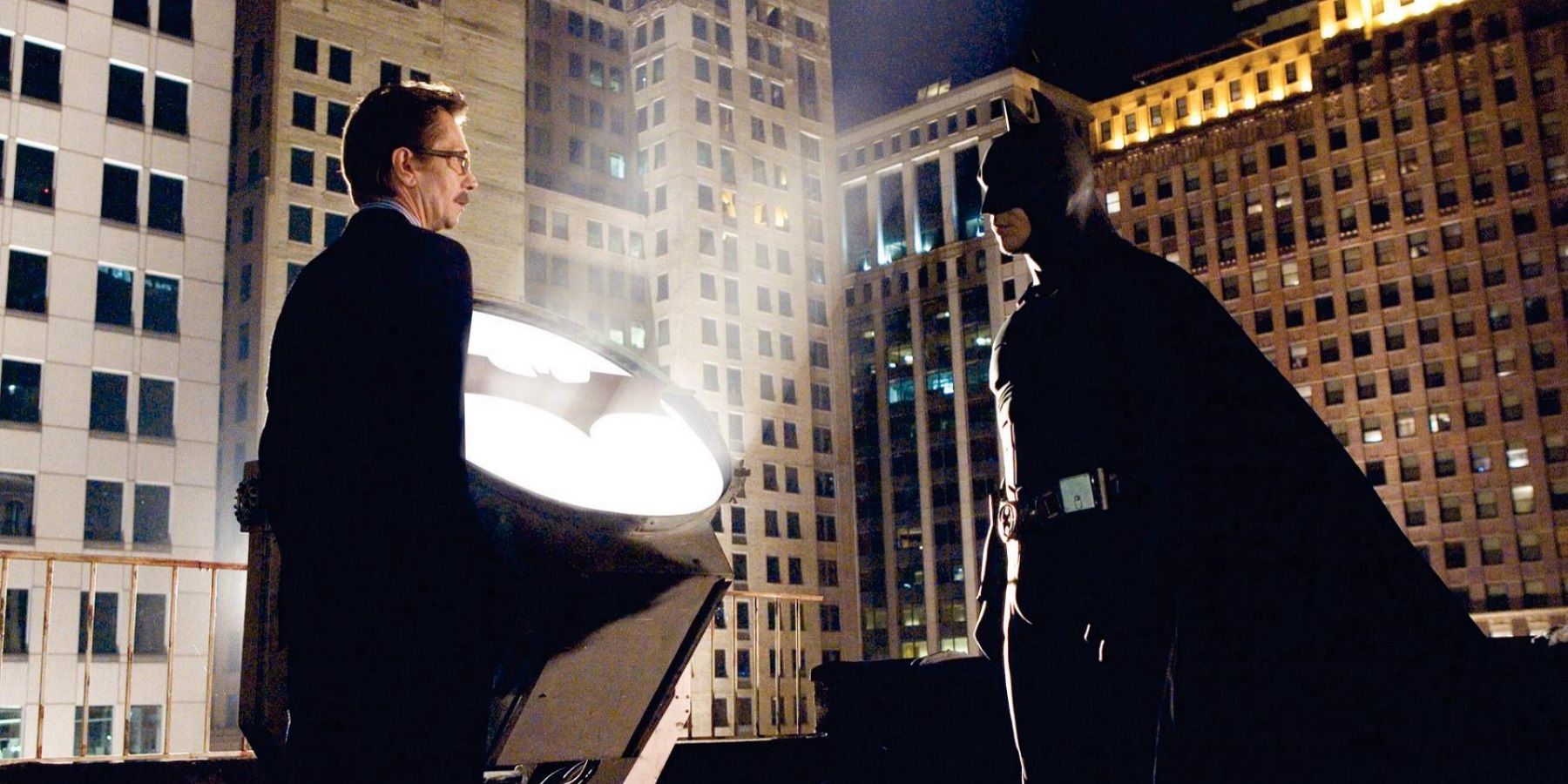
The Joker card tease in Batman Begins does more than just hint at the appearance of Batman’s iconic nemesis, it also introduces the idea that Batman is responsible for a new wave of crime in the city. The purpose of Gordon’s speech about escalation is to show Batman that his actions have had unforeseen consequences, he hasn’t just inspired the good people of Gotham, but the bad as well. Batman realizes that his presence is a double-edged sword: he can’t be a force for good without also issuing a challenge to Gotham’s most dangerous criminals.
Batman’s plan at the end of The Dark Knight Rises is to save Gotham in a way that also serves as a public act of self-sacrifice, tipping Batman’s scales in the right direction to end his vigilante career on a high note. This is a clear evolution of the idea first voiced by Gordon in Batman Begins, with Bruce Wayne passing the torch to Joseph Gordon-Levitt’s Batman as a means of keeping the legend alive. The idea that Batman was inspiring villains to step up in Gotham needed to be offset somehow, and a public death (and apparent resurrection, if John Blake ever took up the mantle) would be an excellent way of dissuading criminals from escalating matters further. Gordon’s line about escalation in Batman Begins did far more than tease the Joker’s appearance in the sequel: it also directly fed into the ending of The Dark Knight Rises.

